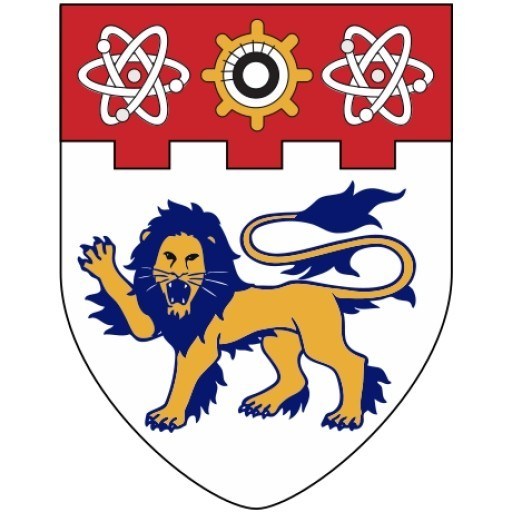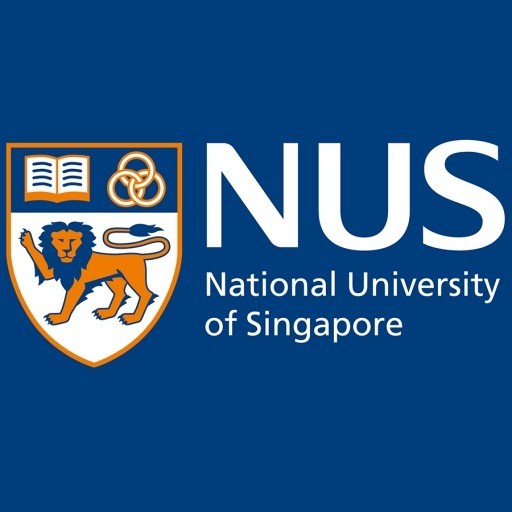Photos of university / #ntu_sg
The Bachelor of Engineering in Bioengineering at Nanyang Technological University offers a comprehensive interdisciplinary curriculum designed to prepare students for cutting-edge careers in the biomedical and healthcare industries. This programme combines principles from engineering, biology, and medicine to develop innovative solutions that improve human health and quality of life. Students gain a strong foundation in engineering fundamentals such as electrical, mechanical, and chemical engineering, alongside specialized coursework in biomaterials, tissue engineering, biosignal processing, biomedical imaging, and systems biology. The programme emphasizes hands-on learning through laboratory experiments, design projects, and industry internships, fostering practical skills and real-world experience. Additionally, students have the opportunity to collaborate with klinicians, researchers, and industry partners on multidisciplinary projects, encouraging innovation and problem-solving skills in complex biomedical contexts. The curriculum is supported by state-of-the-art laboratories and facilities, providing an ideal environment for experiential learning. Graduates of this programme are equipped for diverse careers in biomedical device development, healthcare technology, research and development, clinical engineering, and regulatory affairs. They are also well-prepared to pursue postgraduate studies or medical degrees. The programme’s strength lies in its integration of theory and practice, ensuring students are ready to contribute effectively to the rapidly evolving field of bioengineering. With Singapore’s strategic focus on biomedical sciences and innovation, graduates are highly sought after in the regional and global biotech industry. The programme emphasizes critical thinking, creativity, and ethical responsibility, aligning with NTU’s commitment to producing socially conscious engineers capable of transforming healthcare through technology.
- Minimum of 6 subjects
- Three BG core subjects
- Three elective subjects (two have to be CH/BG elective subjects and the other can be suitable postgraduate subject approved by the School)
BG core subjects
- Advanced cell biology
- Bionanotechnology
- Molecular biophysics
- Advanced Mathematics for Bioengineering
BG elective subjects
- Advanced physical characterization methods
- Foundations of biomechanics
- Bioelectrochemistry
- Molecular dynamics modeling of biological systems
- Systems biology
- Physiological engineering
- Optical imaging
- The Singapore-Stanford Biodesign Process
Possible areas of research
- Biomaterials
- Molecular and cellular engineering
- Computational biology
- Biophysics
- Bioimaging / Biomedical imaging
- Bionanotechnology
- Bioinformatics
- Systems biology
- Biomechanics
- Microfluidics and Lab on a Chip
Requirements
- A good bachelor’s degree in areas related to chemical and biomedical engineering and
- Good GRE/GATE (for Indian applicants) and TOEFL scores. In countries where GRE/GATE and TOEFL are unavailable, representatives from the School may travel to these countries to conduct Technical Proficiency Tests / English Proficiency Tests and interviews with potential candidates.
Scholarships
- Nanyang President Graduate Scholarship
- Singapore International Graduate Award (SINGA)
- NTU Research Scholarship
The Bachelor of Engineering (Honours) in Bioengineering at Nanyang Technological University is a comprehensive undergraduate programme designed to equip students with a solid foundation in both engineering principles and biological sciences. This interdisciplinary programme aims to prepare graduates for a variety of careers in biomedical industries, research institutions, and healthcare sectors. The curriculum combines rigorous coursework in areas such as biomechanics, biomaterials, cellular and molecular engineering, and systems biology, alongside advanced training in engineering design, data analysis, and biotechnology. Students are encouraged to engage in practical applications through laboratory work, industry projects, and internships, fostering a strong connection between theoretical knowledge and real-world problem solving.
The programme is structured to offer specialized pathways within bioengineering, allowing students to tailor their learning based on their interests and career aspirations. These pathways include areas such as biomedical device engineering, tissue engineering, and bioinformatics. The coursework emphasizes innovation, with opportunities for students to participate in research projects and entrepreneurial ventures related to healthtech, medical devices, and biotech startups. Additionally, the programme promotes a multidisciplinary approach, integrating insights from biology, medicine, engineering, and computer science to develop solutions for healthcare challenges.
Students benefit from state-of-the-art facilities and laboratories that support experimental research and technical training. The university collaborates with hospitals, research institutes, and industry partners to provide internships, collaborative projects, and industry visits that enhance experiential learning. Graduates of this programme are well-positioned to pursue postgraduate studies or enter the workforce as biomedical engineers, research scientists, product developers, or entrepreneurs. The programme also emphasizes lifelong learning and adaptability in a rapidly evolving field, preparing students to contribute to advancements in medical technology, healthcare innovation, and biomedical research.

